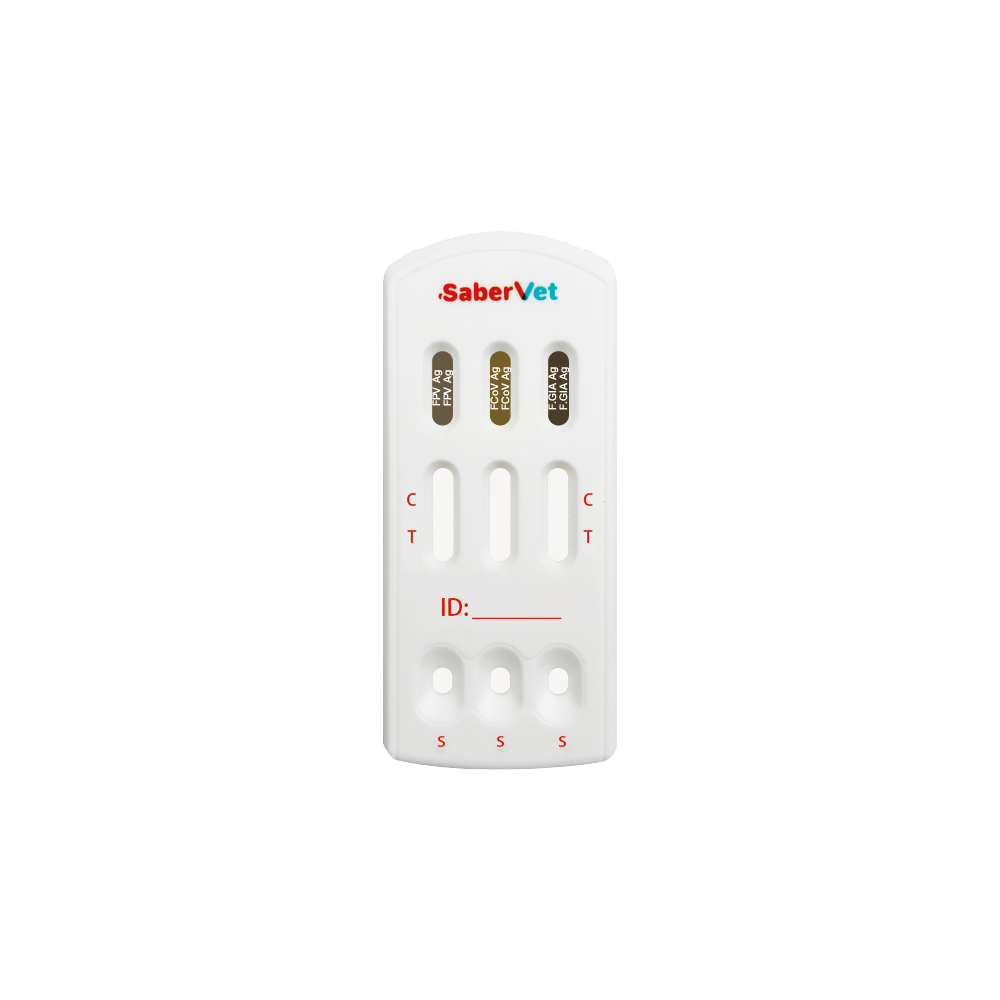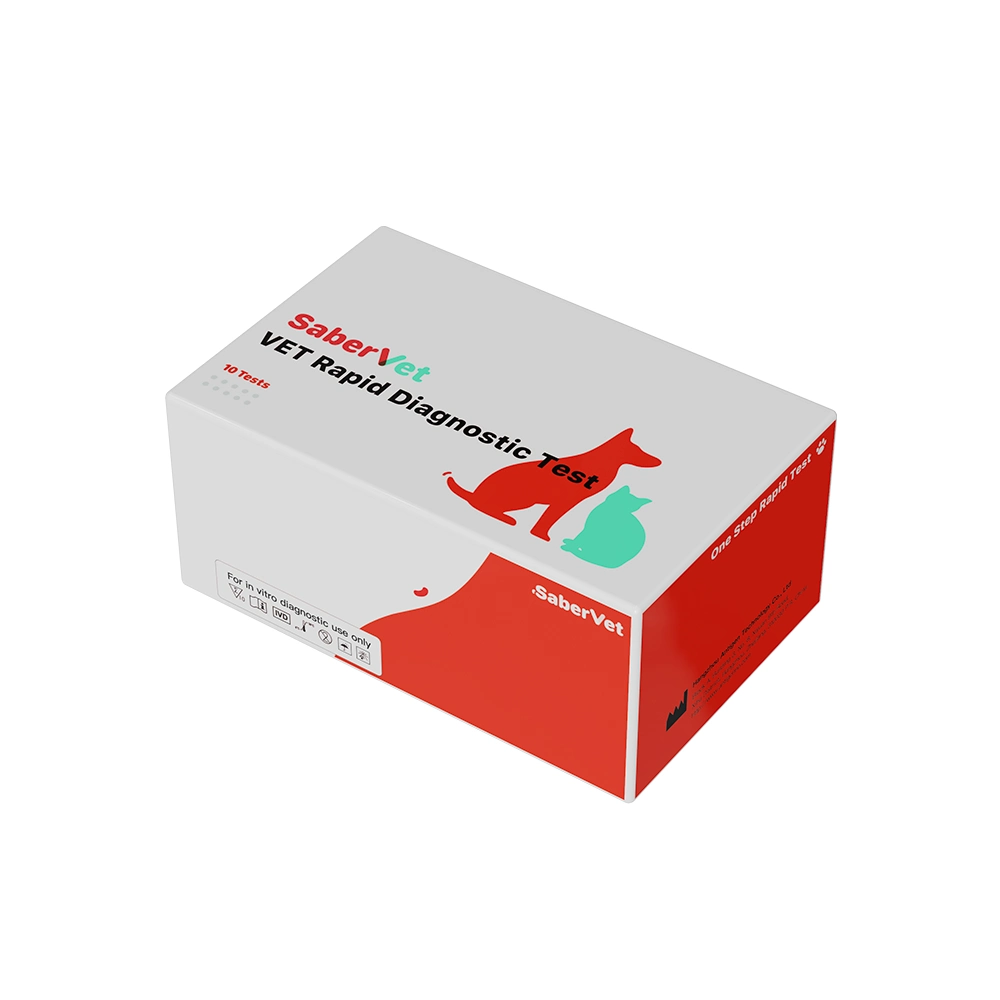Feline Panleukopenia virus, feline coronavirus and feline Giardia are the three most common causes of gastrointestinal disease in cats.
Similarities
Route of transmission:
Direct contact: spread through contact with body fluids (e.g. faeces, saliva, urine) of infected animals.
Indirect contact: spread through contact with contaminated environment or objects (e.g., eating utensils, bedding).
Symptoms:
Gastrointestinal symptoms: diarrhoea, vomiting, loss of appetite.
Systemic symptoms: drowsiness, weight loss, dehydration.
Preventive measures:
Vaccination: vaccination against feline distemper virus and feline coronavirus.
Good hygiene practices: keep the environment clean, avoid contact with infected animals, ensure clean water and food.
Differences
Specific symptoms:
Feline Panleukopenia virus: high fever, leukopenia, severe vomiting and diarrhoea (may contain blood).
Feline Coronavirus: mild diarrhoea, vomiting and less severe symptoms.
Feline Giardia: intermittent diarrhoea, fatty and foul-smelling faeces, chronic gastrointestinal distress.
Detection Methods
Feline Panleukopenia virus:
Rapid antigen test: detection of viral antigen in faeces using rapid test strips.
PCR: Detection of viral DNA with high sensitivity and specificity.
Serological test: Detects the level of anti-FPV antibodies.
Feline Coronavirus:
PCR assay: detects viral RNA, especially mutant (FIPV) RNA.
Serological tests: Detection of anti-FCoV antibody levels.
Abdominal/thoracic fluid analysis: detects the characteristic fluid components of FIPV infection.
Feline Giardia flagellates:
Microscopic examination: observation of Giardia flagellata cysts or trophozoites directly in faecal samples.
ELISA test: detects antigens of Giardia.
Immunofluorescence: Detection of Giardia antigen in faeces using fluorescent antibody technique.
PCR: Detection of Giardia DNA.
Feline Panleukopenia Virus/Coronavirus/Giardia Antigen Combo Rapid Test
Antigenne has developed the Feline Panleukopenia Virus/Coronavirus/Giardia Antigen Combo Rapid Test to help users more accurately diagnose the prevalence of gastrointestinal diseases in cats and develop appropriate treatment and control measures to protect the health of cats.












